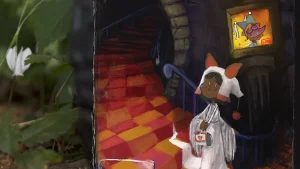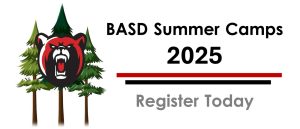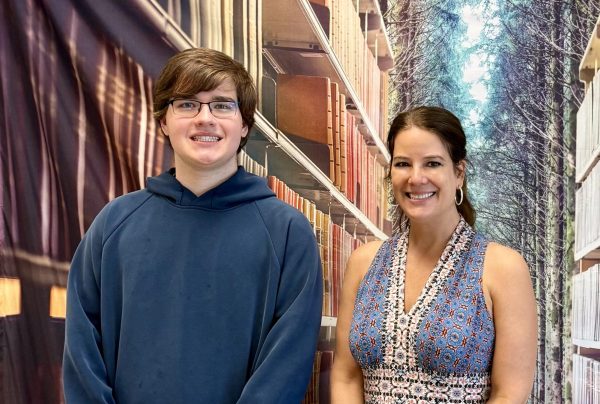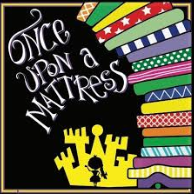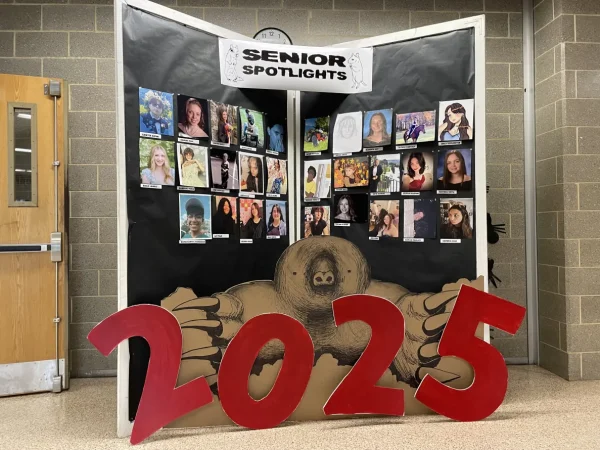Is it time for new textbooks?

Are the textbooks we have really the best way to teach students?
Is it time to invest in new textbooks, due to the fact that they are outdated, inaccurate, and missing information?
Take a quick look at your textbook. When was it published? Chances are, it was printed over a decade ago, which might not seem like such a big deal. However, many new concepts have been discovered these last couple years. According to The New York Times, a discovery was made several years ago that the asteroid that had wiped out the dinosaurs also had a significant impact on marine life. Some textbooks we use in our classrooms have no mention of any of these events. Teachers heavily rely on the information in textbooks; their lesson plans, slideshows, and lectures all correspond with the passages, problems, and paragraphs that are provided in them.
Many advancements have been made in science and math, even if the basic theorems of algebra and the steps of the scientific method haven’t changed. As Mr. James Knight, a Honors Biology teacher said, “Things are constantly changing with new discoveries.” In his biology class, we utilize an online textbook in which we can edit. “It certainly wouldn’t hurt to go back through it and make revisions and updates where we need to, but it is challenging to find the time to collaborate with colleagues and make these updates and revisions. Especially this year, when we are having to rethink everything we are doing when teaching virtually.”
When asking a student named Sarah Buskirk if she had ever had a textbook that was outdated or inaccurate, she replied with, “Isn’t that literally all of our history textbooks?” I laughed and explained what I meant, and she said, “Well, there was a lot of debate about Pluto, and I’m not sure all textbooks have the final decision of that argument correct.” This is a very valid point! At first, scientists believed that Pluto was the ninth planet of our solar system. Then, changes arose about the “planet guidelines” that every planet must follow, disqualifying Pluto as a planet. Older textbooks might state that Pluto was a planet, or simply wrote there was debate going on. Some other textbooks might not have mentioned Pluto at all! But, newer textbooks will say the truth: that Pluto is a dwarf planet, due to the fact that it didn’t “check certain boxes” to deem it a planet.
According to Mr. Brendan Dunne, an English teacher, “When I was in elementary school in the late 1990s, I remember using a social studies textbook from the mid-1980s. The Berlin Wall was still up and the Soviet Union was still up and running. But the book was only like 16 years old. That would be like a class today using a social studies book from 2004/2005. A lot has changed in that time!” This statement is very true, and if social studies classes used books that were made fifteen years ago, there would be a lot of information that is missing, based on the discoveries we’ve made since then. A 12th grader, Cara Rydzewski, also said that her Human Geography textbook had it written that there were no countries that had entered Stage Four of the demographic transition “when certain countries actually had!” This is a good example of a textbook being incorrect, either due to outdatedness or on just pure neglect to the facts. The teacher ended up “requesting to order new books because the rest of the book was a bit outdated as well.”
While I was doing research, I found out that there was almost a fourteenth state after the American Revolution, that was going to be called “The State of Franklin”. When we covered the thirteen original states last year in history, nothing of the sort was ever mentioned! Also, we know that Betsy Ross created the American Flag with the circle of stars in the middle – the first American flag. But were you taught that the flag in which we use today was created by a seventeen year old named Robert who made it for a school project? I have never read such things in any of my history textbooks!
People around the world are trying to “reframe the world’s history” by bringing light to events that don’t have much attention given to them. Kim Mento, the MSE Librarian said, “The problem I see is that all sides are not necessarily presented. History books often gloss over slavery, prejudice, and abuse. They often show historic figures in a glowing light and ignore their nefarious actions.” Because of this very true fact, today’s society wants to tell others about a broad range of events that have been neglected and that have not been taught to students.
With all of this said, it seems like we should toss the old books and bring in the new books, right? We should go find a newly published textbook and proceed to learn from the new book. New discoveries are being made every day, and buying new textbooks every year for class will certainly burn a hole in our pockets. The rate at which the information changes probably does not make new textbooks a good investment. Not all districts have prioritized money for new textbooks when other school expenses are skyrocketing. So, what should the solution be? I believe that the most logical way to go about this is to have a growth mindset: try something new. We need to have access and use all sorts of sources to learn: like videos, websites, lectures, and online sources from historical societies and non-profit organizations. As Mr. Brendan Dunne said, “It would be great if the textbooks we use had an online component for activities, supplemental materials, and assessments.” Unfortunately, the textbook that he utilizes for his English classes doesn’t have supporting resources. But, it emphasizes that teachers constantly need access to new resources to allow the students to succeed in a changing world.
So, to conclude, don’t go and throw out your biology textbook. Even though it might miss out on a few key discoveries and explanations, like climate change, most items are valid and are correct. To find out more about the constantly changing world, try signing up for a free website, or subscribe to a YouTube channel that keeps you updated. Keep striving to learn about all sorts of subjects, no matter where you are and what textbooks are available to you.
MaryAnn is a sophomore this year, and this is her second year writing for the CUB. She's always looking for an interesting or strange event to tell...


